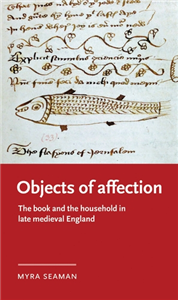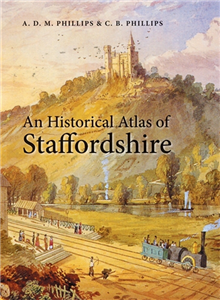THE ONE HEALTH approach offers a comprehensive framework to address the interwoven health challenges arising from the interactions between humans, animals, plants and the environment. By promoting interdisciplinary and intersectoral collaboration, it aims to combat diseases, curtail antimicrobial resistance, and support agricultural and ecosystem sustainability. The success of One Health relies on robust political commitment, adequate funding and coordinated efforts among stakeholders. Moreover, education and public awareness are essential to facilitate cross-sectoral cooperation and tackle regional and economic disparities.
This One Health Atlas is a detailed resource that explores the principles, practical applications and future pathways of the One Health concept. Following an introduction that highlights the ways that human, animal and environmental health are interdependent and which stresses the urgency of operationalizing One Health, the atlas is organized into four key sections: Foundation and recent history; Zoonoses, agriculture and food security; Education, networks and governance: One Health in action; and Future directions and emerging challenges. It concludes with a call to integrate science, policy and society to institutionalize One Health, emphasizing stakeholder engagement, local knowledge and collaborative efforts to tackle global health challenges effectively. It gives readers a holistic perspective on navigating and addressing the complexities of global health through the One Health framework.
This atlas, combining concise text and rich illustrations, is authored by over 150 experts from diverse continents and disciplines. It examines the intricate interconnections between human, animal, plant and environmental health. Serving as a valuable resource for educators, policymakers, researchers, students and the informed public, it combines scientific rigor with accessibility to tackle critical issues such as zoonotic diseases and food security. By embedding One Health principles into global strategies, this atlas equips readers with the knowledge and tools necessary to develop innovative solutions for a healthier, more sustainable future.































